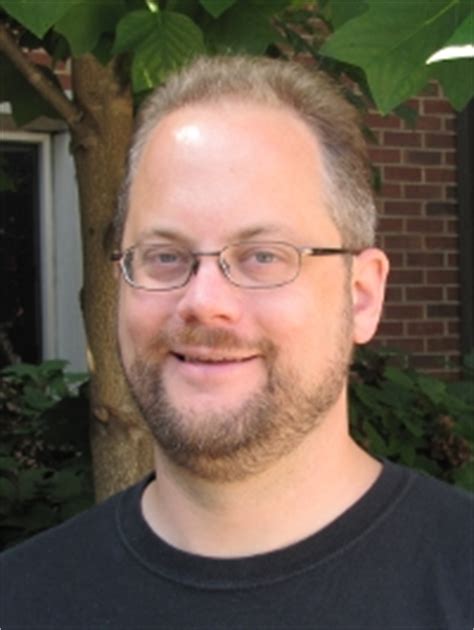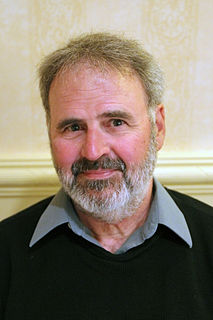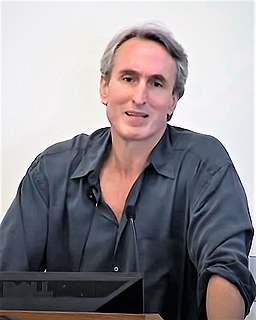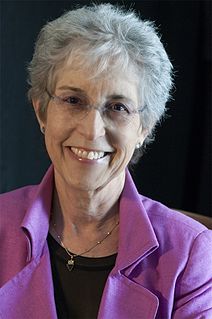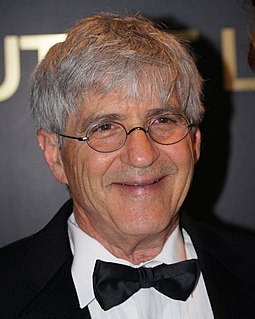A Quote by Willie Soon
The hallmark of good science is the testing of a plausible hypothesis that is then either supported or rejected by the evidence.
Related Quotes
What sets science and the law apart from religion is that nothing is expected to be taken on faith. We're encouraged to ask whether the evidence actually supports what we're being told - or what we grew up believing - and we're allowed to ask whether we're hearing all the evidence or just some small prejudicial part of it. If our beliefs aren't supported by the evidence, then we're encouraged to alter our beliefs.
Religion is based upon blind faith supported by no evidence. Science is based upon confidence that results from evidence - and that confidence can be modified and/or reversed by further observations and experimentation. Science approaches truth, closer and closer, by hard dedicated work. Religion already has it all decided, and it's in the book. It's dogma, unchangeable, and unaffected by reality and whatever facts we come upon in the real world.
No true geologist holds by the development hypothesis;-it has been resigned to sciolists and smatterers;-and there is but one other alternative. They began to be, through the miracle of creation. From the evidence furnished by these rocks we are shut down either to belief in miracle, or to something else infinitely harder of reception, and as thoroughly unsupported by testimony as it is contrary to experience. Hume is at length answered by the severe truths of the stony science.
There is no possibility whatsoever of reconciling science and theology, at least in Christendom. Either Jesus arose from the dead or He didn't. If he did, then Christianity becomes plausible; if He did not, then it is sheer nonsense. I defy any genuine scientists to say that he believes in the Resurrection, or indeed in any other cardinal dogma of the Christian system.
Darwin repeatedly used the hypothesis of common ancestry as a platform on which to build his various ideas about testing hypotheses concerning natural selection. He also argued that adaptive similarities provide little or no evidence for common ancestry. Although this second claim needs to be fine-tuned, Darwin was right that ample evidence for common ancestry can exist even if none of the characteristics we observe were caused to evolve by natural selection.
The scientific method is designed to help investigators overcome the most entrenched human cognitive habit: the confirmation bias, the tendency to notice and remember evidence that confirms our beliefs or decisions, and to ignore, dismiss, or forget evidence that is discrepant. That's why we are all inclined to stick to a hypothesis we believe in. Science is one way of forcing us, kicking and screaming if necessary, to modify our views.


